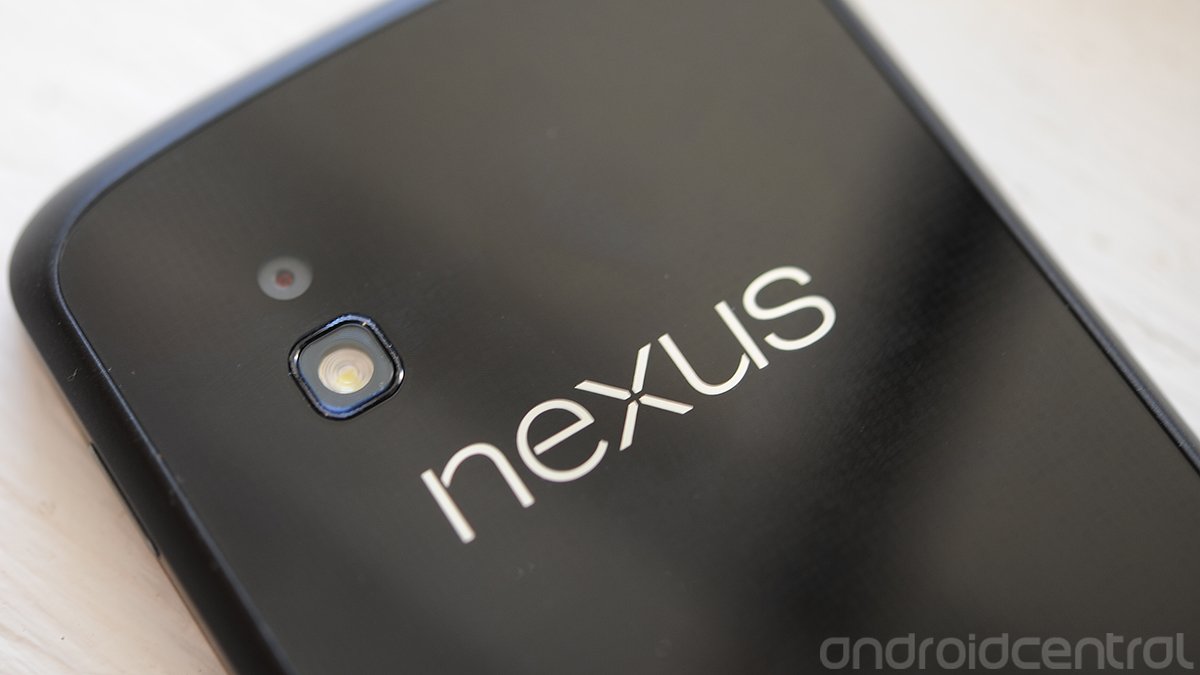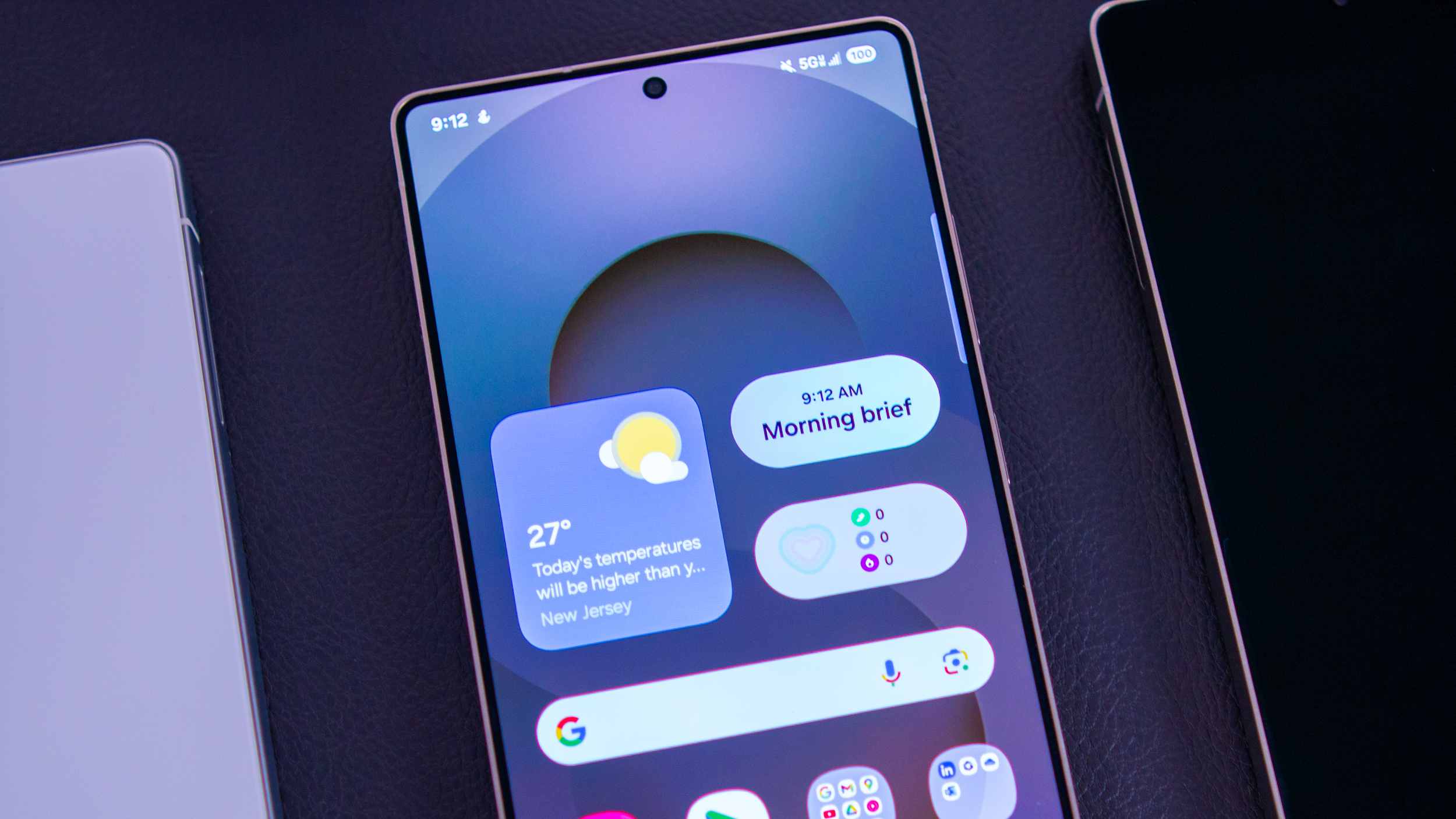Who needs a Nexus 4 (and why)?

Get the latest news from Android Central, your trusted companion in the world of Android
You are now subscribed
Your newsletter sign-up was successful
It's Nexus season again. That means a new phone, a new version of Android, and a bunch of folks arguing the merits (or lack thereof) of the new device. Everyone always wants the latest and greatest to actually be the latest and greatest, but the fact is that the Nexus 4 isn't for everyone. And that's OK.
Android is not "one-size-fits-all." There will be a slew of phones released for the holiday season, and plenty more following in 2013. (To say nothing of all the excellent phones already released this year.) Different sizes, different shapes, and definitely a different set of features. There's a very good chance one of these upcoming or current phones will suit you far better than the Nexus 4 ever could. That's what we're going to look at here. Discuss a few of the pros and cons of the Nexus 4, and hopefully help in your informed decision.
Who doesn't need a Nexus 4?
We'll start with the basics. You need a phone that works where you live and play. If your smartphone won't hold a signal on the way to work, or on a Saturday afternoon at the park, it's not very smart -- nor is paying a monthly fee to use it. This means that if you have to use Sprint or Verizon (or another carrier that uses the same technology) to get that level of service, the Nexus 4 is not for you. The good news is that the RAZR M or the Galaxy S3 is still there, ready to find a home in your pocket. There are also new phones coming (we're pretty sure of that) that should satisfy your thirst for top specs if the best of the last generation doesn't do it for you.
Next, let's talk storage. You won't see an SD card in a Nexus phone ever again. You don't have to like it, but you can't change it. That leaves just internal storage for the Nexus 4, which comes in either 8GB or 16GB flavors. These phones were designed for folks who use "the cloud." Google is an Internet services company, which builds products to promote the usage of its Internet services. Some of us can live in this cloud, some can't. This is just how it is. It's not some sort of contest where gold is won or manhood is measured. If you can live in the cloud, the Nexus 4 is a good choice for you. If you can't, there were plenty of other phones released this year that should help you out. They're coming. The train doesn't stop just because Google released another phone.
Now, on to the hackers. If you like to hack away at things, you probably think this is the best phone for you. I disagree. The Nexus 4 should be wide open and easily unlocked, with lots of third-party development -- third-party development all based on the stock software that comes with the phone. Custom ROMs don't really add a lot to Nexus phones that you can't easily replicate right from Google Play. Besides, where will you store all those Nandroid backups? If you want a phone to hack in different versions of Android with a different look and feel, get a Galaxy Note 2 or Galaxy S3. You'll have your SD card, stock(ish) version of Android, and the satisfaction that you did it yourself.
Who needs a Nexus 4?
There are plenty of reasons why you don't want or need a Nexus 4. But what are the reasons for getting one? Thankfully, there are some really compelling reasons to dust off the credit card and pick one up.
First: The software. Google loves to invent something, get it almost working, then unleash it to the willing. The Nexus 4 (and likely the Galaxy Nexus and others that are upgraded to 4.2) will get the first chance at this. Things like Google Now, or Google Chrome are always going to be built to work with the latest Google phone, which means the current Nexus. Fooling with new stuff, even (especially?) if it's not fully baked is fun. If you like to have this kind of fun, then the Nexus 4 is for you.
Get the latest news from Android Central, your trusted companion in the world of Android
Updates. I'm still waiting for that tiny patch for my Galaxy S II's browser. More important, millions of people are in the same situation. Not having it shows me that Samsung seemingly can't support the phones it has already sold, and that leaves me very sour to them as a hardware vendor. Google doesn't do that, thankfully, they continue to support their devices after they’re sold. They can patch their closed source apps if needed and push an update through Google Play. If a bug is found in the Android code base, they can patch it and push out a system update in short order. We still want a few things fixed in Android, but they have been pretty quick with the security updates. This doesn't happen very often, but for critical security fixes, there's nothing in the Android world quite like a Nexus.
Finally, there's the value aspect. You can buy a Nexus 4 for as little as $299, and use it on a $30 monthly pre-paid plan. Forget what you think you know about pre-paid service, it's come a long way and now rivals what the big four have to offer in many ways. You've seen the price breakdowns and how much money you can save, so I'll spare you that bit, but it's realistic. I use Straight Talk with my HTC One X. For $45 monthly, I use hundreds of minutes in calls, send thousands of texts, and use between 4 and 6GB of data. To me, it's every bit as good as the AT&T network it uses, at half the price. If things change, and it turns out not to deliver the service I need, I just walk away and try someone else. Using it with the Nexus 4 will be exactly the same, just $400 cheaper up front.
Consider your needs, then weigh out all the pros and cons of actually buying the Nexus 4. There is no need to rush out a spend money just because you can. If you decide you need a new phone, think about what you need from it, and make an informed decision. You'll be glad you did later, I promise.

Jerry is an amateur woodworker and struggling shade tree mechanic. There's nothing he can't take apart, but many things he can't reassemble. You'll find him writing and speaking his loud opinion on Android Central and occasionally on Threads.
